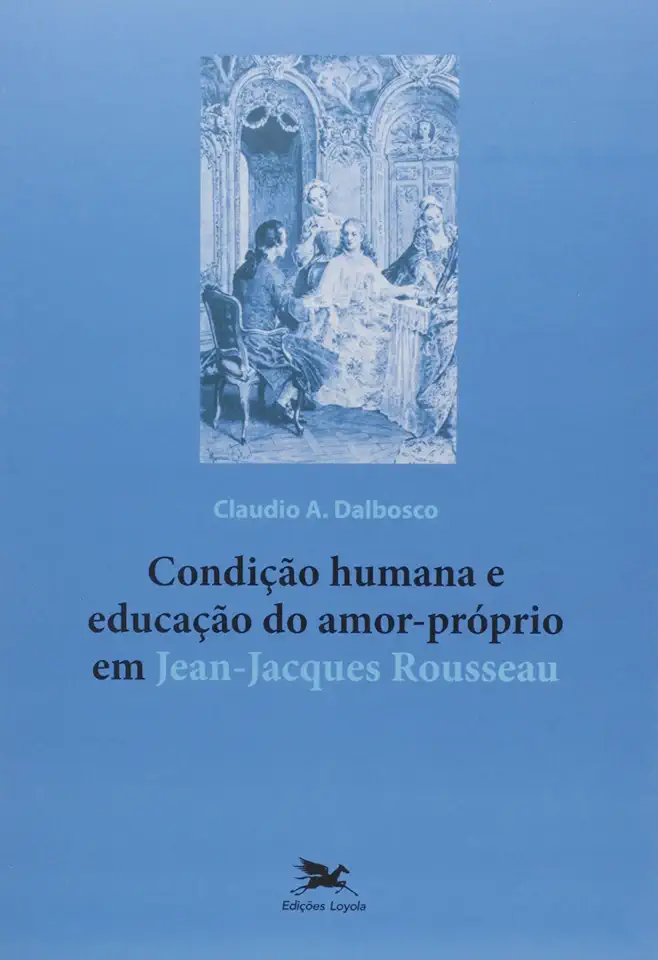
Human Condition and Education of Self-Love In Jean-jacques Rousseau - Claudio Almir Dalbosco
Human Condition and Education of Self-Love In Jean-jacques Rousseau - Claudio Almir Dalbosco
Introduction
In his book "Human Condition and Education of Self-Love In Jean-jacques Rousseau", Claudio Almir Dalbosco delves into the profound philosophical ideas of Jean-Jacques Rousseau, a seminal figure of the Enlightenment era. Dalbosco presents a comprehensive analysis of Rousseau's perspectives on human nature, education, and the cultivation of self-love, offering a fresh perspective on the enduring relevance of Rousseau's thought in contemporary society.
Rousseau's Vision of Human Nature
Rousseau's exploration of human nature forms the cornerstone of his philosophical framework. Dalbosco meticulously examines Rousseau's belief in the inherent goodness of human beings, arguing that Rousseau saw individuals as fundamentally compassionate and cooperative. This optimistic view of human nature stands in stark contrast to the prevailing notions of human selfishness and depravity prevalent during the Enlightenment.
The Role of Education in Human Development
Central to Rousseau's philosophy is his emphasis on education as a means of nurturing and cultivating human potential. Dalbosco elucidates Rousseau's educational principles, highlighting the importance of experiential learning, self-discovery, and the development of critical thinking skills. Rousseau believed that education should not merely impart knowledge but also foster moral and emotional growth, enabling individuals to become virtuous and self-sufficient.
The Cultivation of Self-Love
Dalbosco dedicates a significant portion of his analysis to Rousseau's concept of self-love, a crucial element in his educational philosophy. Rousseau distinguished between two forms of self-love: amour de soi, which refers to the natural instinct for self-preservation, and amour-propre, which encompasses the desire for recognition and superiority. Dalbosco argues that Rousseau advocated for a balanced cultivation of self-love, emphasizing the need to harmonize individual self-interest with the well-being of others.
Rousseau's Legacy and Contemporary Relevance
Dalbosco concludes his exploration of Rousseau's thought by reflecting on its enduring significance in the modern world. He contends that Rousseau's insights into human nature, education, and self-love remain profoundly relevant in addressing contemporary challenges such as social inequality, environmental degradation, and the pursuit of authentic happiness. Dalbosco's work serves as a compelling invitation to rediscover Rousseau's philosophical legacy and apply its wisdom to navigate the complexities of the 21st century.
Conclusion
"Human Condition and Education of Self-Love In Jean-jacques Rousseau" is a meticulously researched and thought-provoking exploration of Rousseau's philosophical thought. Claudio Almir Dalbosco's comprehensive analysis provides a fresh perspective on Rousseau's ideas, highlighting their enduring relevance in shaping our understanding of human nature, education, and the pursuit of a fulfilling life. This book is a must-read for scholars, educators, and anyone seeking a deeper understanding of one of the most influential thinkers of the Enlightenment era.
Enjoyed the summary? Discover all the details and take your reading to the next level — [click here to view the book on Amazon!]